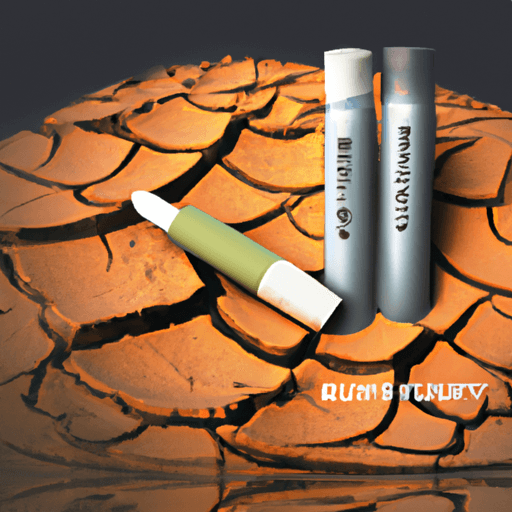The Significant Role of Climate Change Within the Beauty and Personal Care Industry
The effects of climate change are permeating all sectors of the economy, and the beauty and personal care industry is no exception. The mounting urgency for environmental-friendly habits is driving significant changes in product development, ingredient sourcing, and manufacturing processes within this industry. This article sheds light on how climate change is influencing this industry, highlighting innovative steps brands are taking to diminish their carbon footprint and addressing the increasing consumer demand for eco-conscious products. Embedded in the discussion are projected future trends and the necessity for the industry to transition towards a sustainable model.
Reshaping Product Development
Climate change has impelled the beauty industry to reconsider its product development strategy. Numerous brands are now underpinning their product formulations with environmental sustainability, replacing harmful chemicals that pose a problem to the environment with greener alternatives. Additionally, companies are downsizing product lines to minimize waste generation. Thus, climate change, albeit indirectly, is reforming the ethos of product development, steering it onto a path of sustainability.
Sourcing of Ingredients
The sourcing of ingredients is another area that is feeling the impact of climate change. From the scarcity and price fluctuations of raw ingredients due to unpredictable weathers to the erosion of biodiversity, the beauty industry is being compelled to search for innovative ways to source ingredients without impinging on the environment. This has birthed a surge in demand for biotechnology and organic farming.
Manufacturing Processes
Climate change is also uncoupling traditional manufacturing processes. The emphasis is now on implementing energy-efficient manufacturing practices and the use of renewable energy in factories. In addition, waste management and water conservation during the manufacturing process is a factor that more companies are considering seriously.
Innovative Responses from Leading Brands
Leading beauty brands have shown admirable sophistication in their response to climate change. Companies like L'Oréal and Estée Lauder have made substantial commitments toward reducing their carbon footprint and shifting towards 100% renewable energy in the near future. Such green commitments offer a model for others within the industry to emulate.
Consumer Demand for Eco-Friendly Products
Consumer awareness around environmental issues is more heightened than ever. This awareness has ignited a corresponding demand for environmentally-friendly beauty and personal care products, paving the way for the rise of 'clean beauty'.
Future Trends and The Need to Adapt
There is an imminent need to adapt to a more sustainable model to mitigate the consequences of climate change. The future of the beauty industry is projected to encapsulate holistic sustainability, encompassing not just product development, but also packaging, supply chain management, and corporate responsibility. This transition is not only essential for the continued viability of this industry but also for the collective efforts towards climate change mitigation.
















Comments
Leave a Comment